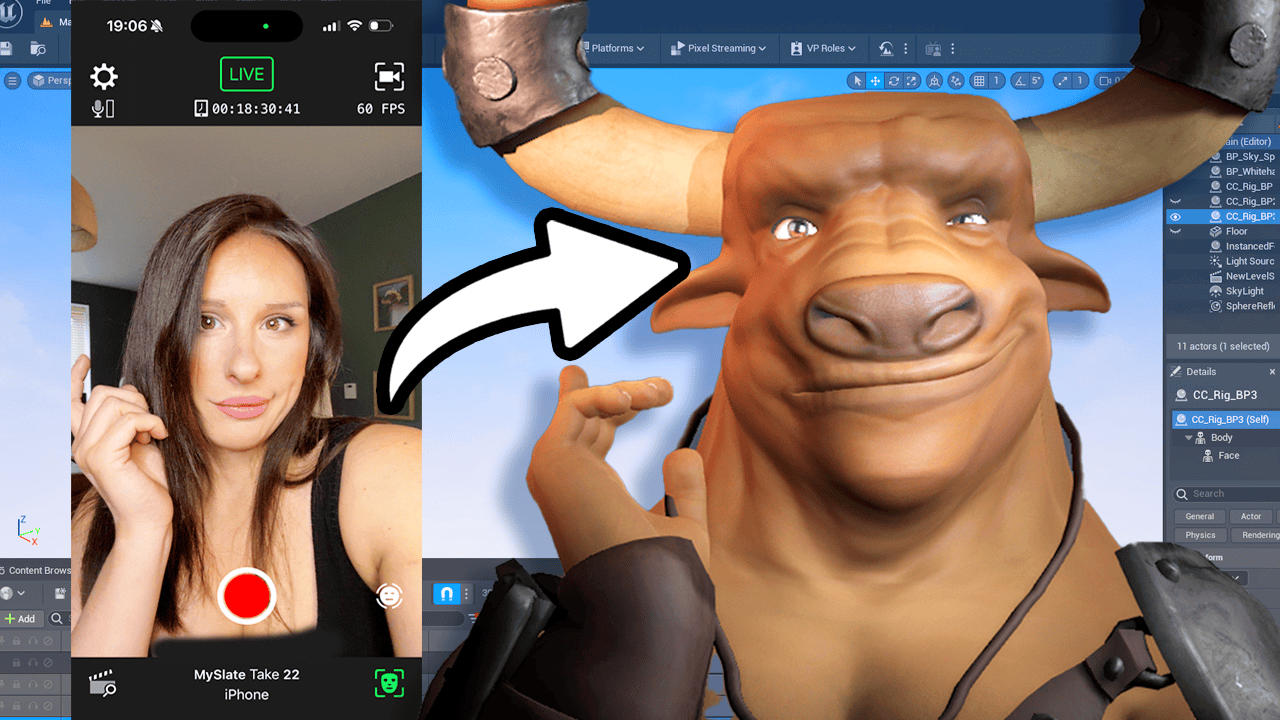Linguists at the Institute for Assyriology at Ludwig Maximilian University in Germany have created a cutting-edge tool in their quest to decipher ancient Babylonian texts: “The Fragmentarium”. Led by Professor Enrique Jiménez, the team has been digitizing every surviving cuneiform tablet, processing over 22,000 fragments since 2018.
A joint effort
In collaboration with the Iraq Museum and the British Museum, the team has photographed thousands of fragments, feeding them into the Fragmentarium, an AI-powered database that automates the assembly of text fragments. The result? A breakthrough discovery of hundreds of new manuscripts, including a piece from the most recent tablet of the world’s first work of literature, the Epic of Gilgamesh.
This ancient Mesopotamian epic, written in Akkadian and dating back to 130 BC, tells the story of the ruler of the city-state Uruk (Iraq). The Fragmentarium has uncovered a significantly older version of the epic, leading Jiménez to comment on the continued copying of Gilgamesh in this late period.
Fragmentarium to be Published and Accessible to All
Jiménez and his team hope to publish the Fragmentarium, along with a digital version of the Epic of Gilgamesh containing all transcriptions of cuneiform fragments known to date, in February 2023. This exciting development in the study of Babylonian literature will not only allow academics worldwide to further their research, but it will also be open to the public, with thousands of fragments waiting to be identified.
The Fragmentarium is a testament to the power of AI in unlocking the secrets of the past. As Jiménez puts it, “there’s so much work to do in the study of Babylonian literature,” and this tool will undoubtedly play a crucial role in uncovering new insights and a deeper understanding of this ancient culture.





